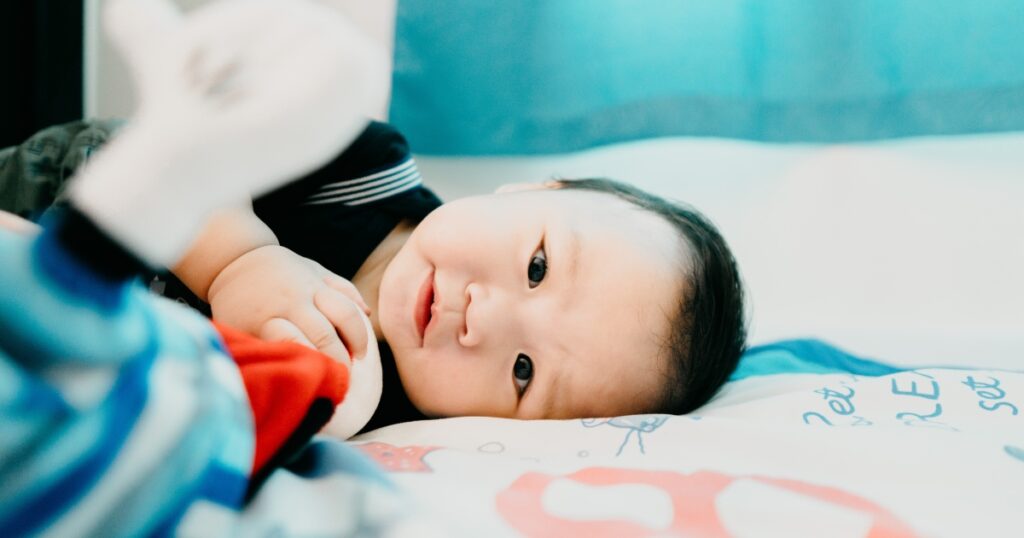9 Fun Ways To Teach Baby To Talk

One of the maximum exciting milestones for new parents is when child says their first words. Sure, this could sound like babbling within the beginning. But eventually, that turns into their first utterance and, ultimately, complete mind and sentences. But how do you get from “goo-goo-ga-ga” to “thanks, Mama!” inside the first place? In short: a number of time and patience. Even if you’re now not certain how to educate toddler to talk (beyond, perhaps, making a song the ABCs song), know that you don’t need to be a speech and language pathologist to get the process done.
In fact, there’s plenty you could do at domestic to encourage your child to talk. Here’s what you want to know about how to train a child to talk, including a way to enhance their language development.
How to Teach Baby to Talk
As a parent, you naturally need to do anything you could do to help your child — including supporting with your child’s language and speech development, and inspiring them to talk. But how, exactly, do you do that? As it turns out, there are a whole lot of ways to teach a baby to talk. So, whilst you’re prepared to enhance your little one’s language development, right here are some tried-and-true methods.
- Talk to them! If you’re not sure what to say, get in the habit of narrating what you’re doing and what you see around you.
- Talk while you’re playing with them. Don’t make towers of blocks in silence; get to chattin’, Mama.
- Speak with them as if they were an actual human person. While a little affectionate “baby talk” is fine from time-to-time, keep in mind that your baby learns how to speak by listening to and imitating you.
- Read to them. Books, the back of the mac and cheese box, whatever. The more reading, the better.
- Sing songs to (and eventually with) them.
- Teach them to imitate actions, like clapping.
- Teach them how to make different sounds with their mouths, like animal noises.
- Practice counting with your child — even if they haven’t demonstrated an affinity for math in their first few months being alive.
- Give your child obvious encouragement when they speak or start to make semi-structured sounds.
How to Know What’s ‘Normal’
Like maximum other elements of parenting, it may be tempting to compare your baby’s language improvement to the progress made by their peers. Try not to do that. As a good deal as we’d find it irresistible if all infants caught to the identical developmental timeline, that’s not how it works. Babies tend to do matters at their own pace, and this is especially proper in relation to talking. You may be worried your little one is lagging behind, however it’s entirely possibly that they’re simply doing things in their personal time. Don’t let panic be your go-to response.
But at the identical time, standard milestones can function a guide to ordinary speech and language development in babies, providing mother and father and medical doctors with feasible clues that they will want a little greater help. For example, infants normally begin babbling between six and 9 months, with their first word usually coming between 10 and 15 months.
While, in general, boys tend to say their first phrases later than girls, that’s no longer a hard-and-speedy rule. It’s still vital to bear in mind that babies broaden speech and language at exceptional speeds. If, for example, your child is not talking at 4 years of age, it’s a great idea to speak to their pediatrician about it, as it can be the signal of a speech or language delay. And if it seems that’s the case, don’t worry — there are speech therapy remedies that can help.